Cambodia is a country in transition. Long reliant on small-scale agriculture typified by inefficient manual labor, the industrialization of food production, processing, and packaging, as well as a focus on sustainability, are pushing Cambodia into the 21st century. The investor-friendly environment and opportunities in the market have stimulated local and international businesses to embrace new technologies, apply international expertise and reimagine marketing strategies.
This shift towards industrialization continues to alter Cambodia’s role in global and regional markets, reducing the nation’s reliance on imported goods as well as filling gaps in local supply chains.
One example of this new trend in Cambodia’s agriculture sector is the joint Israeli/Cambodian dairy operation, Kirisu Farm. Considered by some as an unlikely fit given the lack of dairy products in a traditional Cambodian diet, the operators of this cutting edge dairy farm instead saw this incongruence as an opportunity.
A predicted increase in dairy consumption in Southeast Asia has led the Kirisu team to invest in high-tech solutions that have produced an unprecedented operation by Cambodian standards.
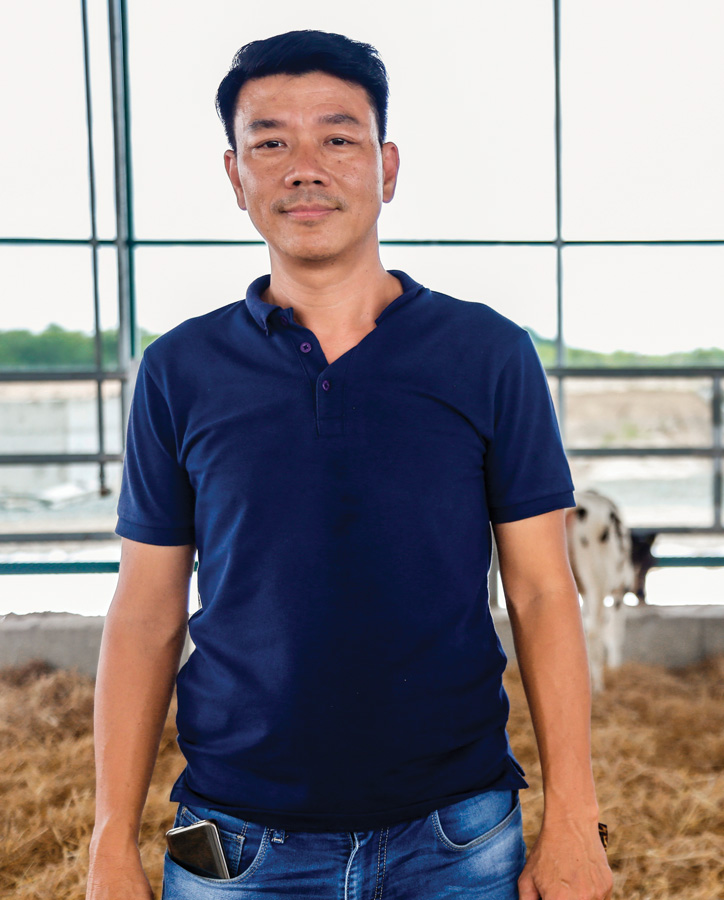
Kirisu is one of a few investment projects in the agricultural industry. Chy Sila and his partners produce up to 8,000 liters of milk per day
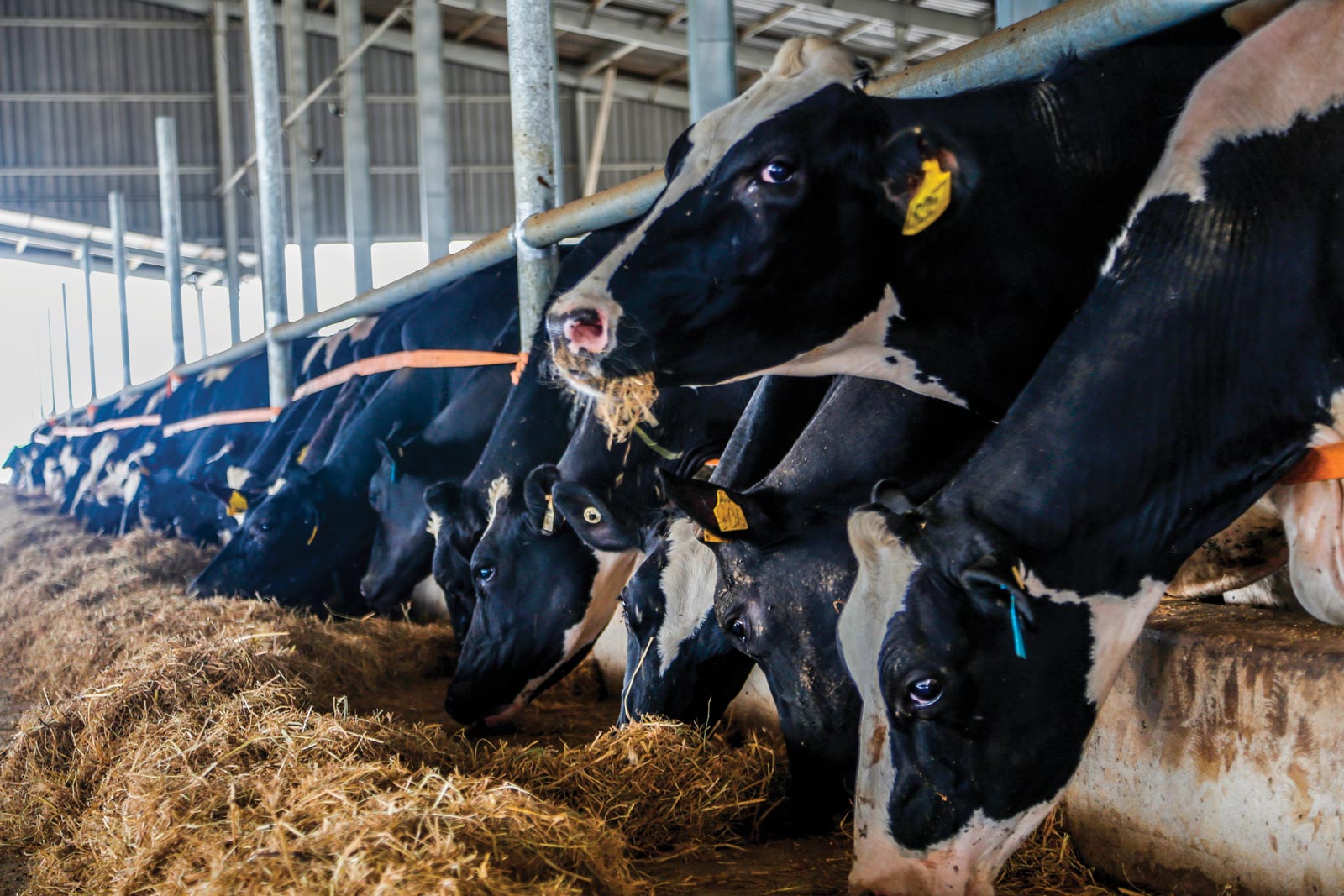
Inspired by a trip to Israel in 2009, co-founder Chy Sila emphasized the importance of not only the technology but the highly-skilled staff necessary to run this type of operation. “I thought, one day, maybe I can bring all this Israeli technology to Cambodia and make a good farm, but at the same time, also transfer the know-how to the local people,” he said.
This technology that typifies Israel’s agricultural sector is on full display at Kirisu Farm, where a software suite known as Afimilk collects biometric data on each of the farms 500+ dairy cows through the use of subdermal chips. The system keeps Kirisu’s team up to date on the health of their cows and allows them to monitor general fitness, natal progress, and fertility.
This kind of immersive data collection also provides the team with the tools necessary to fine-tune even the smallest conditions on Kirisu Farm. Taking advantage of Big Data and Internet-of-Things (IoT) technology, everything from corral gates to exhaust fans are automated and optimized for functionality, cutting a stark contrast with more traditional operations.
Another way that Kirisu Farm sets itself apart from other Cambodian dairy enterprises is their ground-up approach to production. “We have the complete process here,” explained Uri Rahamim, an Israeli-American partner with a tech background earned in California’s Silicon Valley. “We start at the feed crop, but then we obviously have the cows, the milking and processing, the packaging facilities.”
I thought, maybe I can bring all this Israeli technology to Cambodia and make a good farm, and at the same time transfer the know-how to the local people
Chy Sila, Kirisu Farm
While they are still new on the scene (production started in July 2020) Kirisu is quickly making a name for themselves in the industry. Producing 8,000 liters of milk every day, with plans to up production to 12,000 liters, Kirisu is a prime example of modern agricultural systems innovating the emerging Cambodian market.
One company that specializes in just these sorts of industrial production chains and is playing an important role in ushering Cambodia onto the global stage as a food producer is Rieckermann Machinery & Industrial Solutions. A German company, Rieckermann has been providing services to a variety of sectors since 1892. With a history in Cambodia going back to the 1950s, their presence in the market has some major implications on production in the Kingdom.
Rieckermann is involved in several operations within Cambodia’s food and agriculture sector, including supplying local producers Bayon Bakery and Blue Pumpkin with the machinery that has increased the output and quality of their baked goods. Another local business, Mike’s Burger House, utilizes Riekermann’s solutions to produce consistently sized burger patties that allow them to cater to the growing demand for fast food in Cambodia.
While these are examples of how modern production methods can improve businesses of all sizes, the true potential for these technologies in Cambodia is on a decidedly larger scale.
The Kingdom’s ability to compete in global markets lies in industrialization and access, both of which are facilitated by technical equipment and extensive experience in the sector. By providing equipment to producers and supporting organizations like the Khmer Enterprise Association to understand the need for an increased presence in global markets, Rieckermann is supporting key players in living up to their potential.
The German firm sees itself well positioned to play a part in the future of Cambodia’s food production landscape. Managing Director Billy Dalle-Grave explained, “Cambodia needs to start processing its agricultural products at international standards instead of exporting most of them without any added value to neighboring countries. At the same time, it needs to penetrate global markets through jointly organized pavilions at major international food exhibitions like the SIAL in Paris, ANUGA in Cologne, or Gulfood in Dubai.”
Angkor Harvest is one firm that is taking advantage of the Rieckermann’s regional network. With their upcoming mango processing facility designed by Rieckermann Engineering Operations from Singapore, Angkor Harvest is in the process of gaining HACCP accreditation, implementing smart shipping logistic systems, and is priming itself for a role as an international supplier of Cambodia’s Keo Romeat mangoes.
Rieckermann is also involved in World Bridge Industrial Development’s SME Clusters, a project that will create cohesive industrial ecosystems to help Cambodia transition to a more efficient production model across a variety of industries. These clusters will allow businesses to share resources and technologies with the aim of improving access to global markets.
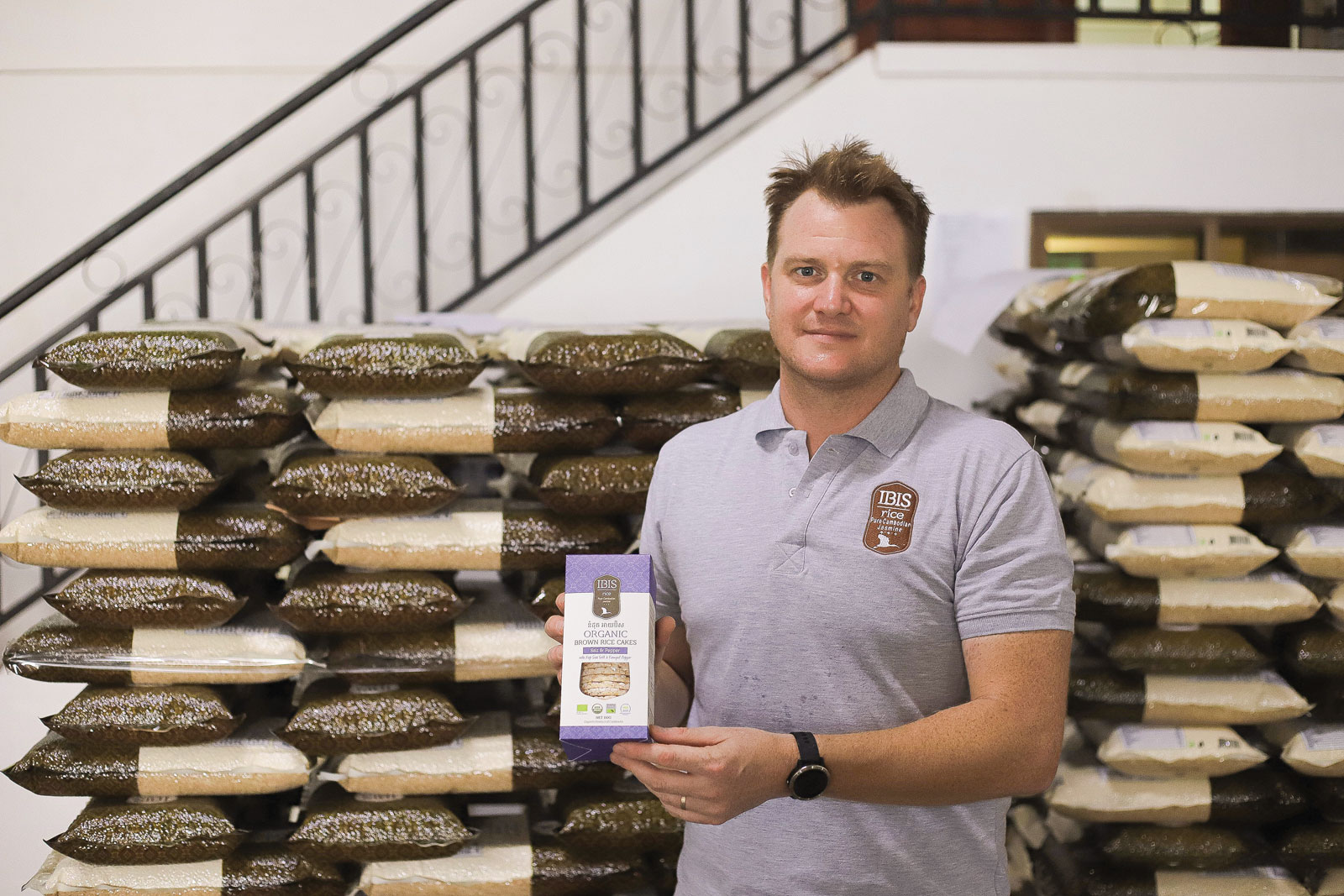
In a September 2020 report, the Asian Development Bank (ADB) agreed on the potential of the Cambodian Agri-processing market: “Agriculture can contribute to Cambodia’s economic growth and diversification if local small and medium-sized agribusinesses can improve their ability to process high-value agricultural products and market them domestically and overseas,” said ADB Principal Natural Resources and Agricultural Economist Takeshi Ueda.
With 76% of Cambodia’s population living in rural areas, agriculture accounted for 20.7% of Gross Domestic Product (GDP) and 31.2% of total employment in 2019. The industry grew an average of 1.7% annually from 2010 to 2019. Processed agro-based goods now account for just 4.0% of GDP, due to a lack of diverse, value-added products. In addition, the 2020 Covid-19 crisis has disrupted agricultural supply chains and reduced incomes and market opportunities for farmers and agribusinesses.
Applying industrial and technological solutions to production strategies can elevate a company’s operations to the next level, but there are other ways for Cambodia to increase its claim in agricultural markets.
Around the world, people are becoming increasingly aware of the impacts of agriculture on the environment and the market for sustainable and ecologically responsible food production continues to grow. In Cambodia, IBIS Rice is a company leading the charge, bringing organically grown, sustainably farmed rice to local and global markets.
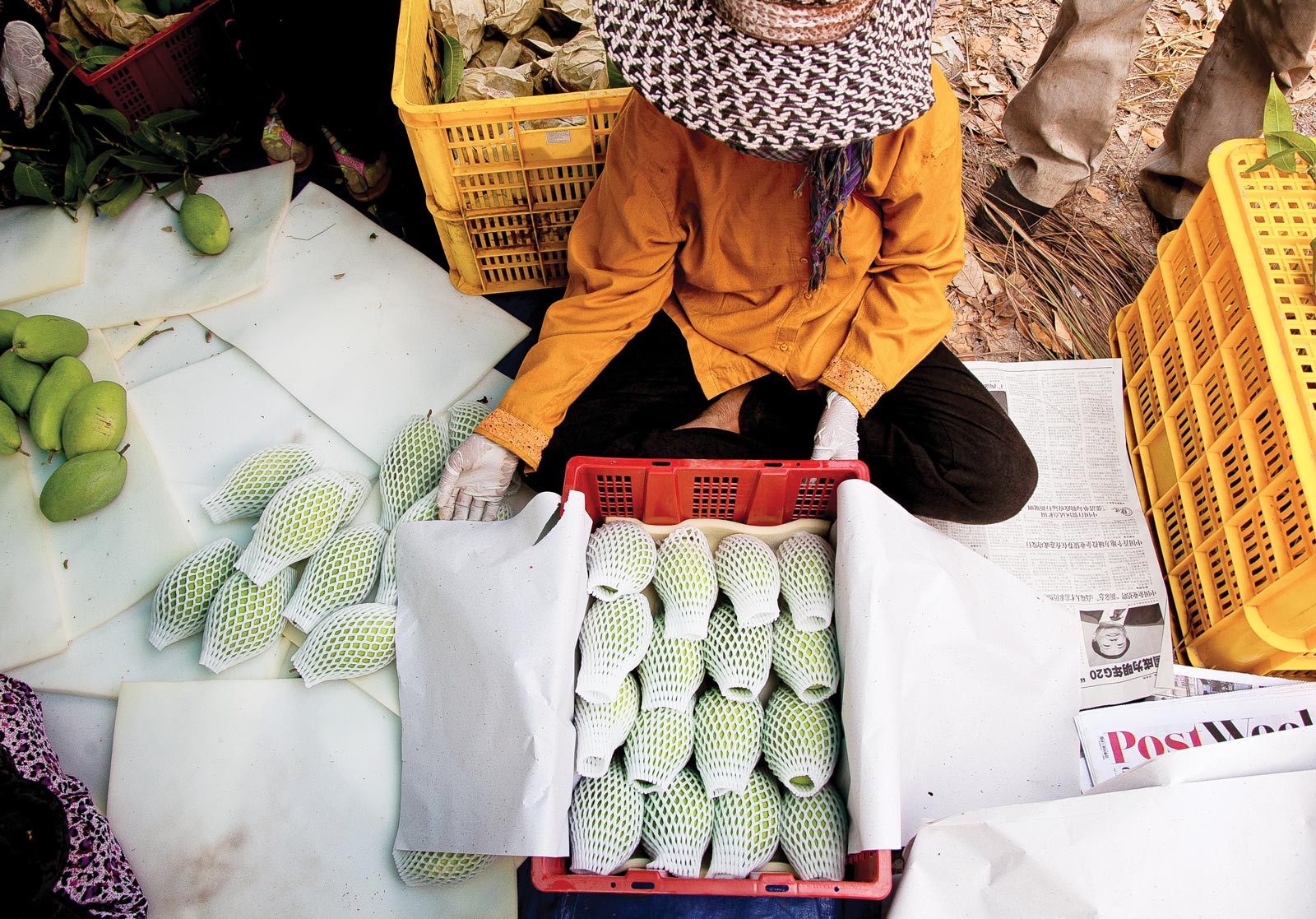
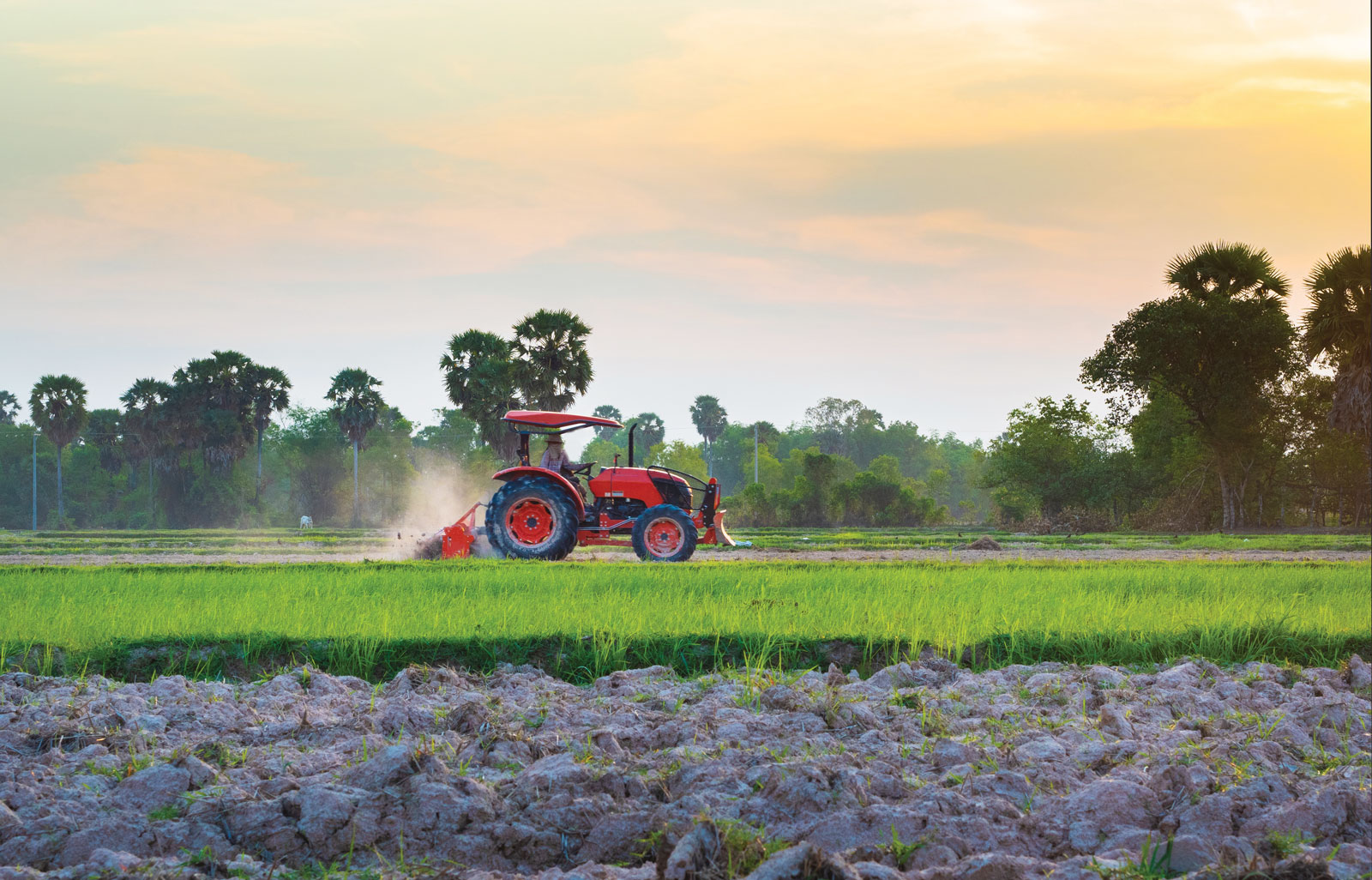
Taking its name from Cambodia’s endangered national bird, IBIS Rice’s founders understand the importance of environmental stewardship, an issue that is particularly significant in Cambodia, where illegal logging remains a devastating but valuable industry. The company was launched in 2009 by the Wildlife Conservation Society when the group realized the way local endangered species were forced to compete for resources with humans.
To combat the destruction of the nation’s remaining forests, IBIS Rice works exclusively with certified Wildlife-Friendly farmers that are dedicated to preserving Cambodia’s natural biodiversity.
This dedication to stewardship is also born out in the company’s business practices. IBIS Rice pays up to 50% above market price to ensure that its farmers are able to provide for their families without resorting to poaching or illegal logging. This strategy, coupled with the fact that IBIS Rice exclusively works with communities bordering protected lands, has turned their farmers into environmental stewards – a role that locals take great pride in.
Some people may see this approach to farming as incompatible with scalability, however, CEO Nicholas Spencer does not believe ecological responsibility and expansion are mutually exclusive ideas. He elaborated, “We have ambitions of scale, but we are interested in having deep and impactful relationships with farmers, making sure they are producing a quality product, getting the highest premiums, and becoming guardians of these sanctuaries.”
This strategy has seen the brand grow significantly in the last few years, starting with a handful of farmers and expanding to over 1,000 households participating in three provinces. It has also provided the opportunity to reach much deeper into regional and global markets.
Sold under the IBIS Rice name in Hong Kong, Cambodia, and Vietnam, the company employs a business-to-business model for distribution in the North American and European markets. This allows other companies that value IBIS Rice’s sustainable production process to rebrand the product and incorporate an ecological stewardship narrative into their own marketing strategy.
With operations recently expanding to Mondulkiri, IBIS Rice’s ambitions are not limited to a single agricultural product.

Cambodia needs to start processing its agricultural products at international standards instead of exporting most without any added value to neighboring countries
Billy Dalle-Grave, Rieckermann
“I actually think there is a big future in more finished, multi-ingredient products for us, looking at noodles and snacks. We want to bring together some of the best of Cambodia’s produce into a single product,” Nicholas concluded. The popularity of their brown rice cakes produced with Kampot pepper and Kep sea salt demonstrate the potential for these products.
IBIS Rice’s inclusive business model creates a sustainable system that turns the production process itself into an aspect of the brand’s marketing strategy and can serve as an example for other agri-businesses in the country.
The future of Cambodia’s position in local, regional, and global markets hinges on continued development, both in terms of technological innovation but also in attitude. Big picture thinking is necessary to take advantage of the nation’s wealth of high-quality agri-products, without sacrificing the precious natural environment. With brands like these leading the way and setting a profitable example, Cambodia’s agricultural path forward is clear for those willing to expand on tradition and embrace innovation.
This article was first published in Globe Media Asia’s Focus Cambodia 2021-22 magazine.


